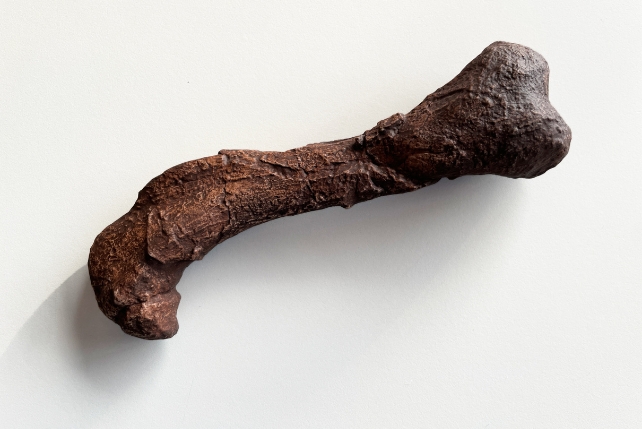# COVID-19 makes you miserable by draining dopamine
If testing positive for COVID-19 isn’t annoying enough, new research found it can also make you miserable and irritable.
A team of researchers from Weill Cornell Medicine, Columbia University and Memorial Sloan Kettering Cancer Center uncovered how the virus can infect brain cells related to mood, movement and stress, leading to an interruption of dopamine production.
The scientists utilized human stem cells to create various cell types found in the human body. That allowed them to study how SARS-CoV-2, the virus responsible for Covid-19, affects different cells.
Their lab experiments showcased the phenomenon of senescence, or biological aging, which damages dopamine production, deteriorating cells to the point where they can’t grow and divide.
About 5% of dopamine neurons can be infected by the coronavirus, leading to senescence and inflammation, according to the study, which was published in the journal Cell Stem Cell.
The researchers also found three medications — riluzole, metformin, and imatinib — could potentially protect dopamine neurons from becoming infected by COVID, and further study could lead to a way to prevent COVID’s attack on the brain.
Dopamine is actually the neurotransmitter responsible for those “reward” feelings such as sleep, concentration, memory and movement learning so the findings would explain why COVID causes symptoms such as brain fog or general sadness.
They further confirmed their findings with autopsy samples from individuals infected with the coronavirus.
Genetics and the severity of the disease factor into the neurological risk, though the scientists recommended that larger human population studies further explore the issue.
Given that dopamine neuron senescence is a characteristic of Parkinson’s disease, the researchers suggested monitoring individuals with long COVID for an increased risk of developing Parkinson’s-related symptoms.













